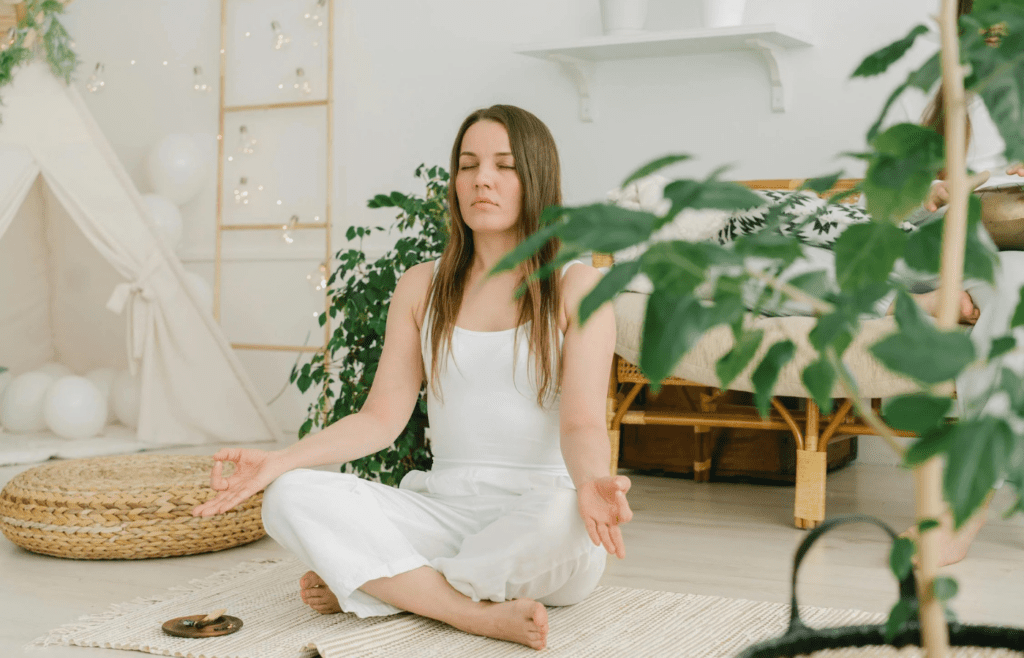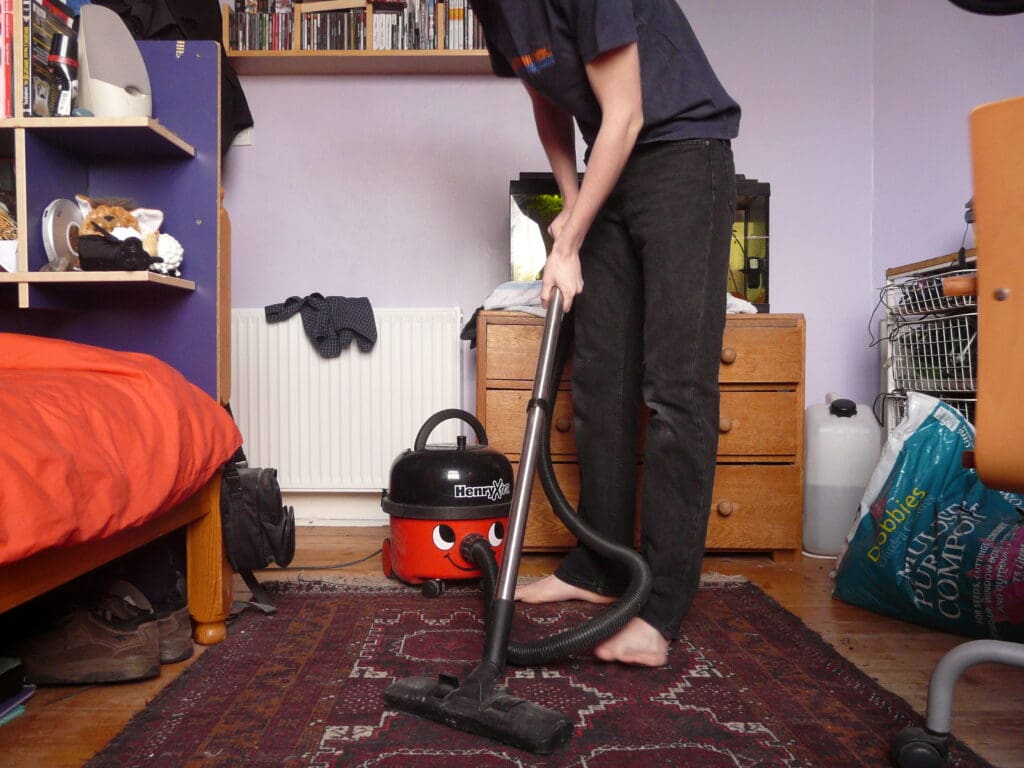Life gets busy fast. Between work, family, and everything else, stress has a way of sneaking into your day and overstaying its welcome. The good news? You don’t need a full hour of meditation or a beach vacation to feel better.
Therapists say small, intentional changes can have a big impact on your mental well-being. These quick tricks are simple, science-backed, and easy to fit into even the busiest schedule. Try a few and watch your stress start to fade.
Breathe In for 4, Out for 6

This breathing pattern activates your body’s relaxation response. Inhaling deeply and exhaling slowly signals your nervous system to calm down.
Keep a Worry Journal

Jotting down your thoughts before bed can stop the mental spin cycle. It helps your brain “offload” stress and promotes better sleep.
Do a 5-Minute Walk

A short walk, especially in nature, can lower cortisol levels and reset your mood. No gym required—just get moving.
Practice the 5-4-3-2-1 Grounding Technique

This anxiety hack pulls you out of your head and into the present. Notice 5 things you see, 4 you can touch, 3 you hear, 2 you smell, and 1 you taste.
Drink a Glass of Water

Mild dehydration can worsen feelings of anxiety and fatigue. A quick glass of water can help your body and brain refocus.
Use a Calming Scent

Scents like lavender or peppermint can reduce tension. Keep essential oils or a scented lotion nearby for a quick reset.
Say “No” to One Thing

Overcommitment causes hidden stress. Saying “no” to one non-essential thing gives you space to breathe.
Listen to Instrumental Music

Music without lyrics—like classical or ambient sounds—can calm racing thoughts and promote focus.
Try Progressive Muscle Relaxation

Tense and release one muscle group at a time. Start at your toes and move upward. It teaches your body how to relax on command.
Take a Tech Break

Even five minutes without screens can calm your mind. Use that time to stretch, breathe, or just look out the window.
Chew Gum

It may sound silly, but chewing gum can lower cortisol and improve alertness. It gives your brain something rhythmic to focus on.
Do One Thing Slowly

Choose one task—like making tea or folding laundry—and do it slowly. Moving with intention can turn chores into moments of mindfulness.
Repeat a Calming Phrase

Therapists call this a “mantra.” Try something simple like “I am safe” or “This will pass.” Say it out loud or silently.
Stretch for Two Minutes

Tension often hides in your neck, shoulders, and back. A quick stretch can release that stress and improve circulation.
Visualize a Safe Place

Close your eyes and picture a calming place. It could be real or imaginary. Engaging your senses in that mental space lowers anxiety fast.
Hug Someone (or Yourself)

Physical touch releases oxytocin, the feel-good hormone. If no one’s around, give yourself a squeeze—it still helps.
Set a Timer and Tidy Up

Clutter can stress the brain. Set a 10-minute timer and tidy a small area. Clean space = clear mind.
Step Outside for Natural Light

Even a few minutes of sunlight can boost your mood and regulate your sleep hormones. Morning light is especially effective.
Read More: 10 Foods You Didn’t Know Were Good for Brain Health
Do a “Brain Dump”

Grab paper and write down every task, thought, or worry in your head—without organizing. It gives your brain permission to let go.
Read More: 10 Science-Backed Techniques to Calm Your Mind in 5 Minutes or Less
Laugh on Purpose

Even fake laughter can trigger real happiness chemicals. Watch a funny clip or call someone who always makes you laugh.
Stress doesn’t always need a big solution. These tiny, expert-backed tricks can add up to a calmer, clearer day. Try a few until you find your favorites—and keep them in your back pocket for when life gets loud.
Read More: 30 Reasons Why Everyone Needs A Therapist








